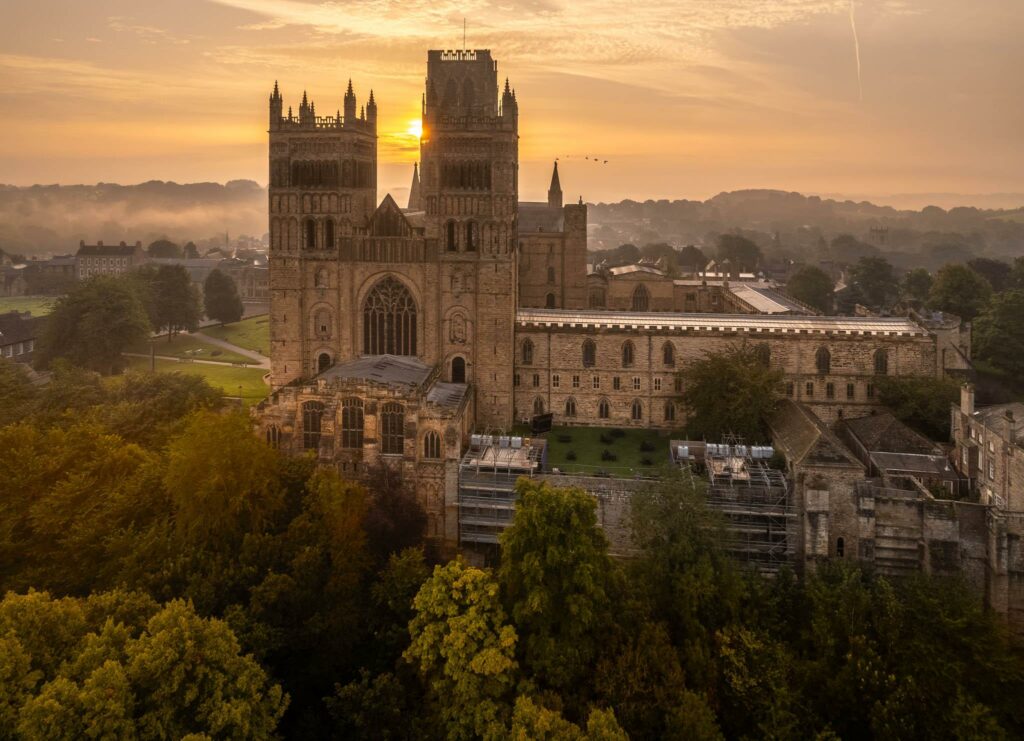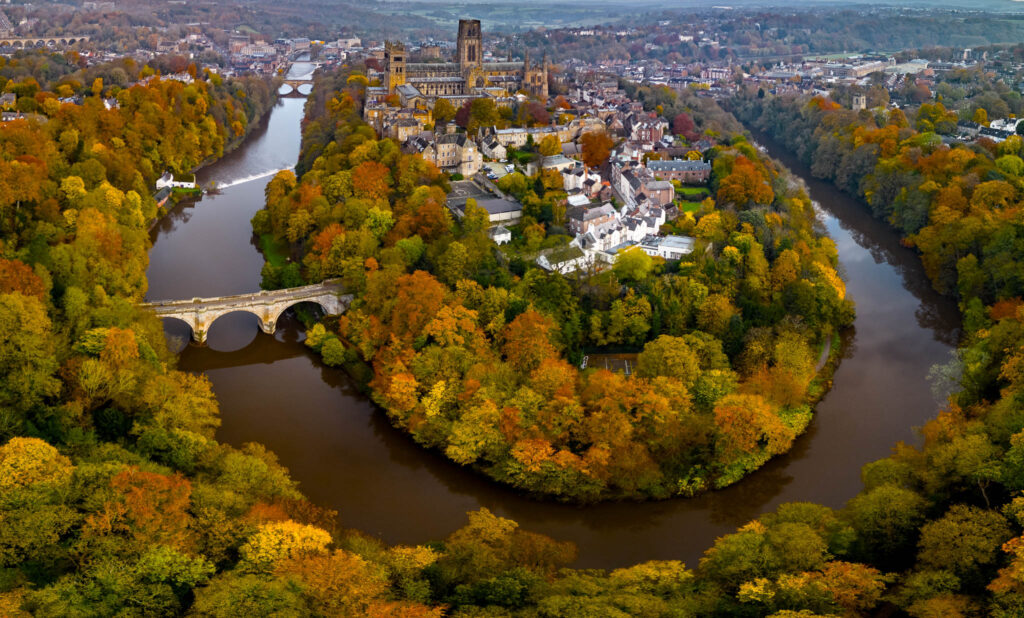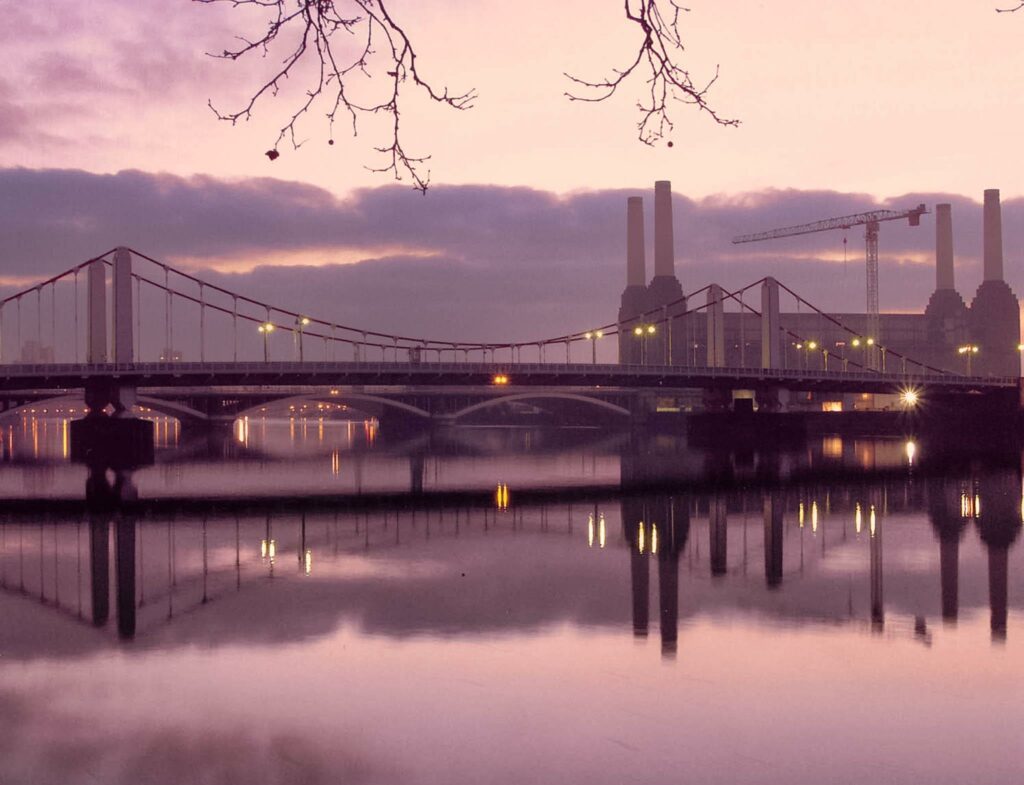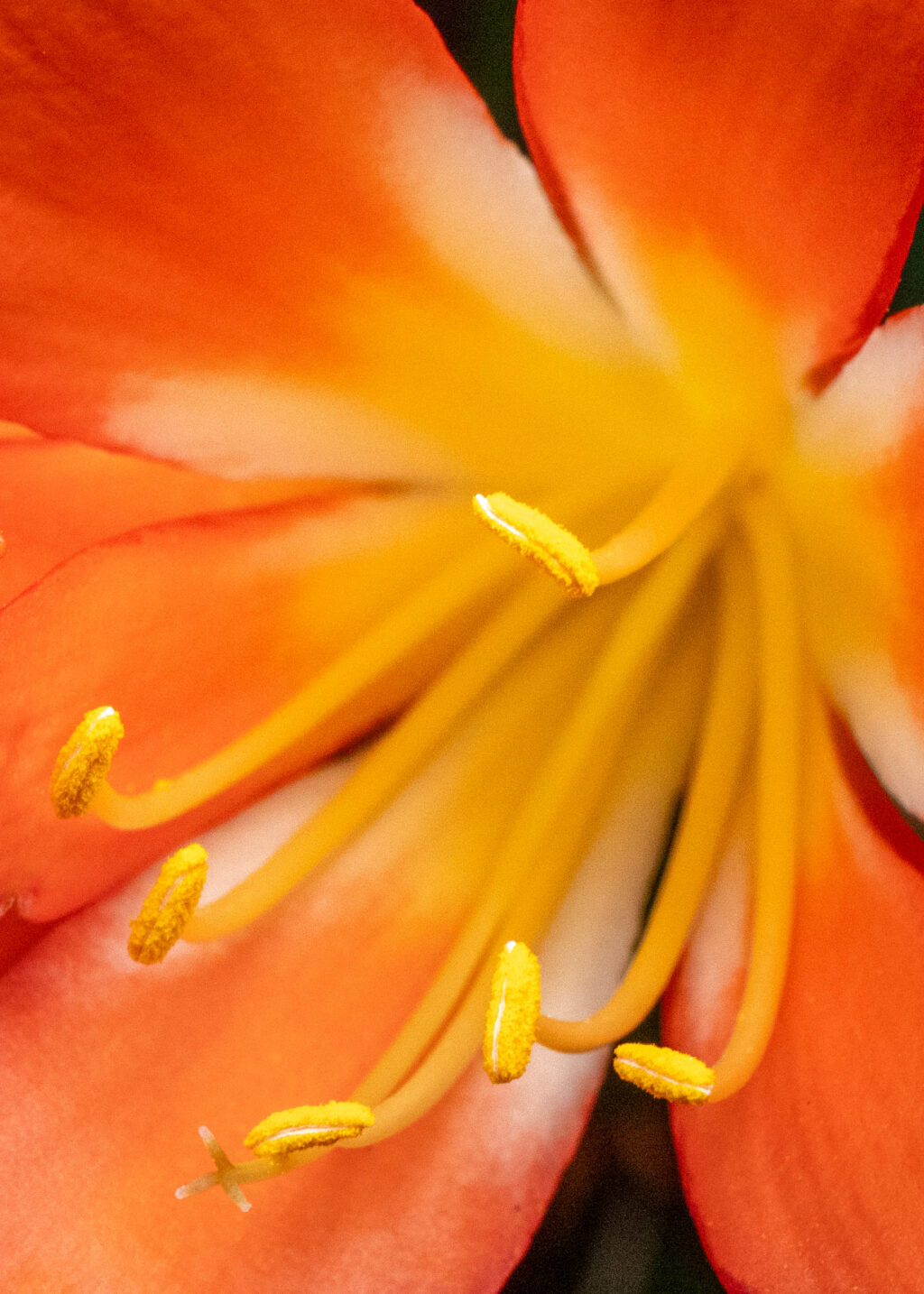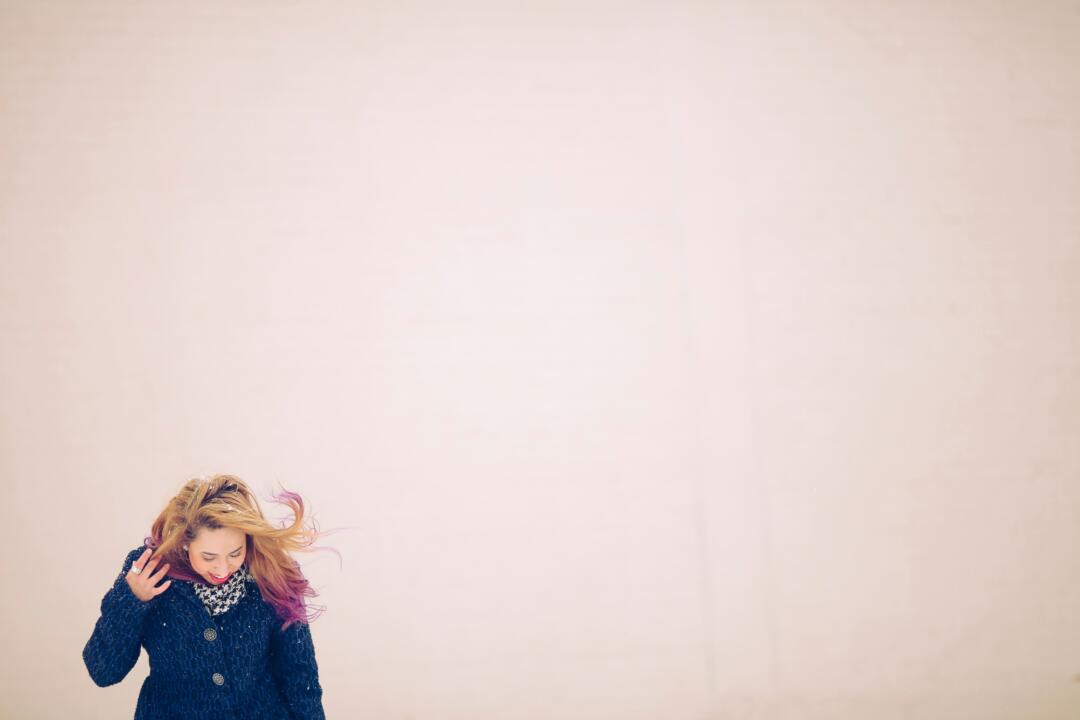
Let's say that you find yourself in a position where you can ask the best photographer ever (the one you consider the best) several questions in order to learn photography from him/her.
It is normal to look up to other photographers, study their work, even try to recreate it (I would actually encourage you to do it for practice, but don’t pass it as your own), as long as you are learning from that. Therefore, in order to learn better – you need to ask better.
Speaking of learning, why not get creative with the Creativity Catalogue – you'll be amazed at the potential you can unlock, simply by using these techniques and tips!? To summarize quite simply what this offers you: “Dramatically Improve your Creative Output with the Fun and Challenging Assignments From the Creativity Catalog!”
What Are The Settings For This Picture?
F/1.4, 1/2000th, ISO 100. Did you learn anything from that? Even if you dial in the exact same settings in your camera, you won’t do anything good with it. Settings are scenario dependant, they change according to so many variables. No single set of settings that you’ll write down will change anything.
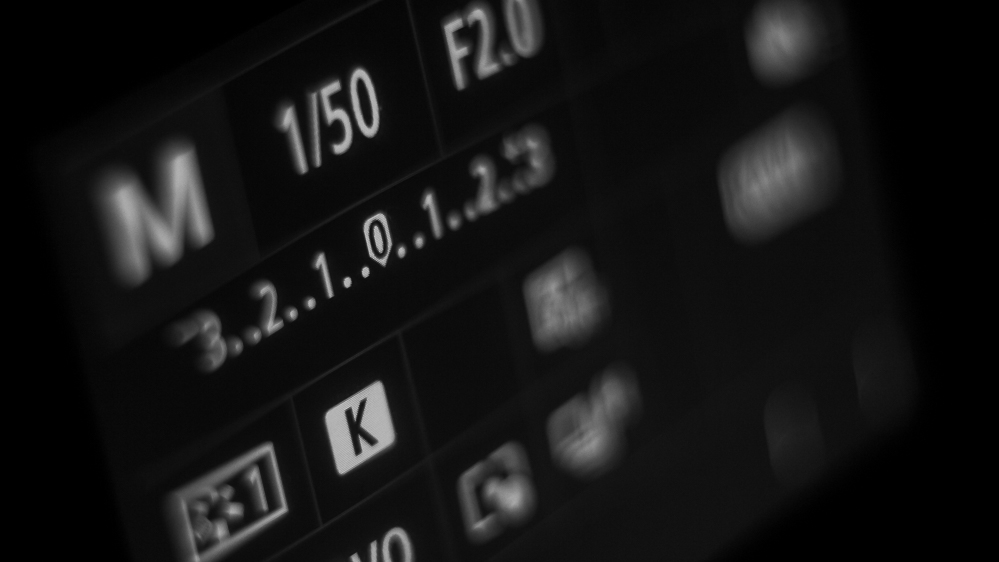
It would be drastically better if you analyze the picture and find the aspects you don’t know how to achieve. For example, instead of asking what are the settings, go for something more specific like asking “How did you manage to achieve a background that blurry?”
In that case, you’ll get the answer you are looking for, you’ll learn that it is a wide aperture in combination with longer focal length with being as close to the subject as possible. It might be that you're interested in asking “How did the photographer get that sharp picture with the subject moving quite fast” (like a bird in flight for example)?
Then you’ll learn that it is due to the fast shutter speed, which allows for action to be frozen in the picture.
The examples are endless. The main idea is to ask specifically about a certain effect (for lack of a better word), instead of numerical values. The process of creating the picture is more important to learn, and it is the right thing to learn.
Numerical values are just that, values, which are totally different for every single scenario. The values will come to you naturally quite quickly if you are learning the process properly.
What Is Aperture Priority? What Is Mirror Lockup, etc…?
So for general terms and functions of the camera, there is the user manual, Wikipedia, and endless online resources. Don’t waste the time of other photographers with questions like this; it's not that you won’t get an answer, but you can get much more by asking the right question.
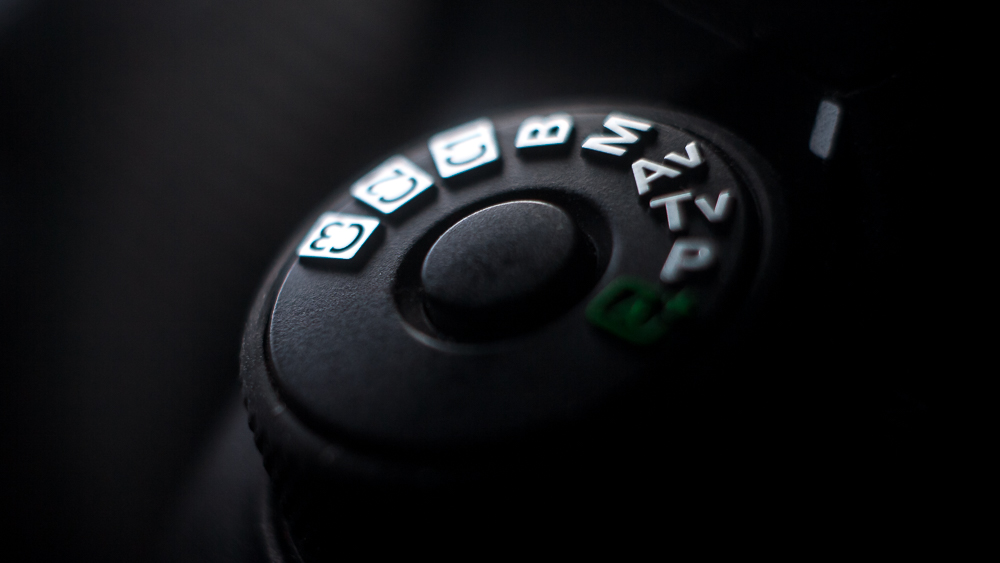
If you do your homework and know the functions of the camera, the way it operates, and the basic principles (things you can seriously learn from the user's manual and Wikipedia), you’ll be able to ask better questions which will serve you more.
For example, instead of asking a fellow photographer to explain to you what is Aperture Priority, you can ask: “What are some efficient ways to use Aperture priority in a given scenario?” Or better yet, you can ask (and hopefully you’ll succeed) for them to demonstrate a technique which you can’t master without seeing it first hand.
Discovering some of the fundamental technicalities is essential to improve but sometimes you might feel a little stuck on the creativity side of things? That's where the Creativity Catalogue comes in. To summarize quite simply what this offers you: “Dramatically Improve your Creative Output with the Fun and Challenging Assignments From the Creativity Catalog!”
This Is A Cool Effect, What Kind Of Filter Did You Use?
Do that, and you’ll probably make the photographer stand up and leave. First of all, filters are pieces of glass with different optical properties which are attached on the lens.
Instagram “filters” (they should be called “presets” to be frank, since they are pre set values which are applied to the processing of an image) are very far away from being anywhere near to professional grade image post processing, and it can’t be done by a preset.
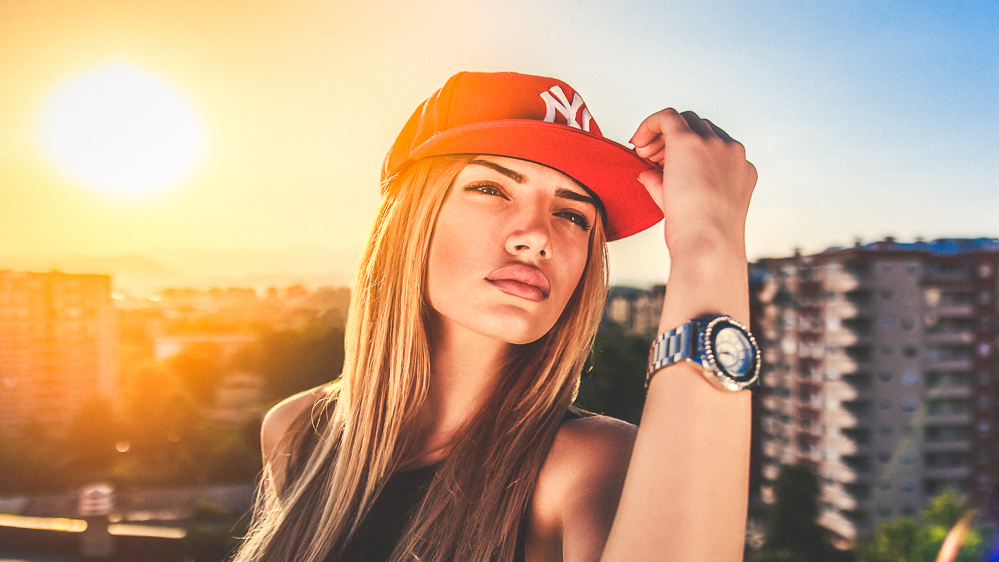
It would be smarter to ask: “What kind of technique did you use to achieve this kind of look?” Because chances are it is a combination of scene and light play, slightly enhanced later on in Photoshop/Lightroom.
The answer you’ll get will teach you much more than how to apply a preset in any given software ever. Yes, it will take a considerable amount of time to post-process an image by hand, but it will take less if you do everything right in camera (meaning, create the right makeup, lighting, scene and so forth before you take the picture).
Asking the right questions to help improve your photography is a great way to really make steady progress. Sometimes you might feel a little stuck on the creativity side of things? That's where the Creativity Catalogue comes in. To summarize quite simply what this offers you: “Dramatically Improve your Creative Output with the Fun and Challenging Assignments From the Creativity Catalog!”
Summary
The right questions will get you the right answers. Wrong questions will still get you answers, but they will waste your time and opportunity to learn, and it will waste the time of the person you are asking.
Do yourself a favour and be very picky of what you'll be asking. It will serve you better by gaining more profound information, and it will leave a positive impression on the photographer you are asking.
That positive impression will come handy some day, and it can open many doors.
Further Resouces
- 4 Simple Strategies to Awaken Your Photographic Creativity by Jason D. Little
- Shoot Like A Pro: Transform Your (Good) Habits Into Skills by Tiffany Mueller
- 6 Tips That Will Improve Your Portraiture! by Dzvonko Petrovski

